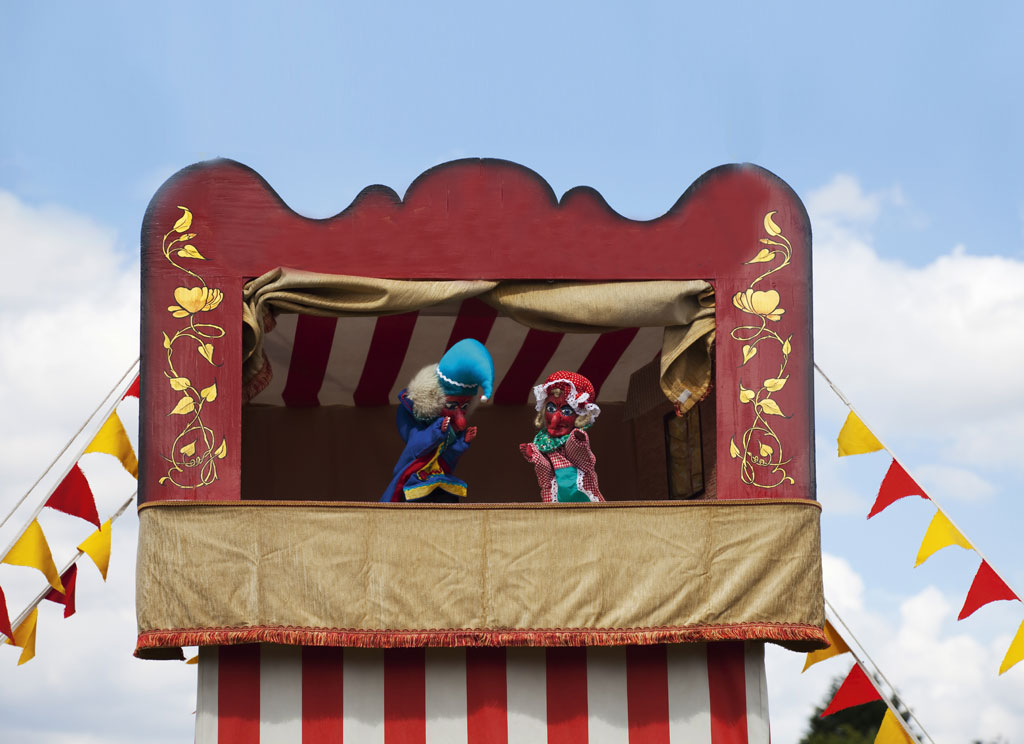
Copyright is no laughing matter for an aggrieved comic, says Athelstane Aamodt
Recently, Twitter has started to bow to complaints from users that others on the social network have been lifting jokes and passing them off as their own. Claims of joke theft are nothing new of course. Robin Williams, Keith Chegwin, Carlos Mencia and Denis Leary have all had allegations of plagiarism levelled at them during their careers. The comedian Josh Ostrovsky, who calls himself “The Fat Jew”, has long been accused by other comedians of stealing people’s material, prompting one person to compile a list of the top 50 jokes that Mr Ostrovsky is alleged to have stolen.
Joke theft makes comedians extremely angry; jokes are how they make their living. What then would be the potential legal avenue available to an aggrieved comic?
What is a joke?
Jokes are written and designed to be performed, and for that reason they can be most accurately described as dramatic works (the Copyright, Designs and Patents Act 1988, s 3). However, the nature of jokes can present problems for copyright law. How long, for instance,









